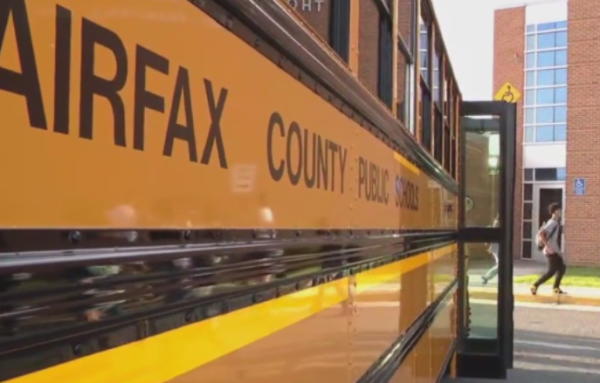Opinion on Amazon’s 2nd headquarters
Amazon is nearing its final decision on what city will house their second headquarters, and local governments are going to great lengths to make it their city. Perhaps the most egregious example is Chicago, whose mayor offered to let the Amazon Corporation keep the money collected by taxes on their employees, along with other tax breaks. Northern Virginia was listed in Amazon’s shortlist for potential sites for the new headquarters, leading many in Reston to hope the town will be chosen. However, this is a shortsighted desire that will be detrimental to Reston.
To see why an Amazon Headquarters would be bad for Reston, one can look at Seattle, the site of Amazon’s first headquarters. In 2010, Amazon began moving its headquarters to Seattle. Native residents were forced out by rising living costs and replaced with wealthy tech employees. Seattle’s average monthly rent grew from around $1,100 to $1,823 between 2010 and 2017, while it had only risen by about $100 during the decade. Additionally, the average home price rose to $669,000. Between 2012 and 2017, the city’s homeless population grew from 2,000 to 5,000 people, along with another 6,000 living in homeless shelters. One can expect an Amazon Headquarters being built in Reston to have similar effects, raising living costs and forcing out those who can no longer afford to live here.
Building an Amazon Headquarters in Reston would go against the principles Robert E. Simon had in mind when he founded Reston. The second of Robert E. Simon’s Seven Goals for Reston is listed as making it possible for any resident to “remain in a single neighborhood throughout his life, uprooting being neither inevitable or always desirable.” The second goal also states that “housing needs can be met at a variety of different income levels and at different stages of family life.” A project like the Amazon headquarters would go against Reston’s mission of being a culturally and economically diverse community in favor of an expensive, homogenous town accessible to low-income residents.















